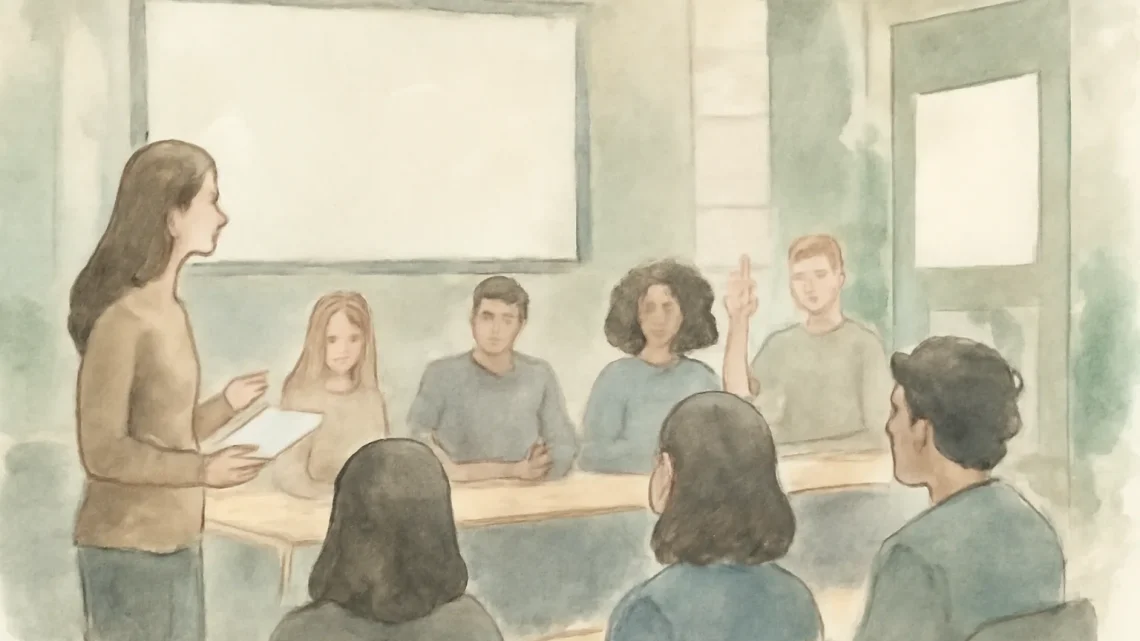
Leeds University Union Plans New Student Democracy Model
October 28, 2025Students to have greater influence in Union decisions
Leeds University Union (LUU) is undertaking a major review and redesign of its democratic structures to increase student participation and representation. The changes aim to create a more inclusive, accessible, and transparent system that better reflects the diverse student body and strengthens the role of clubs and societies within Union governance.
Why change is needed
Recent feedback gathered through the Democracy Diagnostic 2024-25, which involved students, student leaders, and staff, indicated that the current democratic system at LUU is perceived as distant, complex, and overly formal. Many students feel disconnected from decision-making processes and want clearer evidence of how their voices lead to tangible changes.
Additionally, clubs and societies, which form the largest student communities at Leeds, are currently excluded from formal decision-making. Leadership roles, such as those in the Student Executive, are concentrated in a small group, limiting wider student involvement and community leadership opportunities.
Key principles of the new model
The new democratic model is being developed around six core design principles:
- Grassroots First: Representation begins with student communities, societies, and networks, ensuring leaders remain connected to students’ lived experiences.
- Equitable Distribution of Power: Influence is balanced across different roles to widen leadership opportunities and give every voice a fair platform.
- Paid and Valued Leadership: Introduction of part-time paid officer roles to reduce financial barriers and enable broader participation.
- Integration of Clubs and Societies: Formal recognition of clubs and societies within decision-making processes.
- Transparency and Accountability: Clear communication channels to show how student input results in action.
- Feasible and Sustainable: A realistic, resourced structure designed for long-term success and adaptability.
Proposed changes to leadership and representation
The current Student Executive comprises 6 full-time elected officers, 14 paid faculty officers, and various volunteer roles. The new model proposes a rebalanced leadership team including:
- 26 roles focused on representation, advocacy, organising, and mobilising students.
- 21 paid part-time officers alongside 5 full-time elected trustees and 1 part-time trustee representing postgraduate researchers.
This dual structure aims to separate strategic leadership and institutional collaboration, handled by full-time trustees, from grassroots activism and community engagement led by part-time officers.
Greater role for clubs, societies, and student assemblies
Currently, clubs and societies operate outside formal democratic representation, with varying levels of connection to officers. The new model plans to embed these groups within the governance framework, creating structured links to ensure their voices influence Union decisions.
Additionally, the introduction of student assemblies is proposed to provide open forums for debate, idea sharing, and collective priority setting. This aims to facilitate mass participation and build inclusive spaces for student discussion.
Improved feedback and communication
To address concerns about limited transparency and visible impact, the Union plans to establish clear feedback loops between students, assemblies, committees, and trustees. Regular and accessible updates will aim to rebuild trust and demonstrate how student input leads to change.
Next steps and involvement opportunities
LUU is currently working with student leaders across clubs, societies, faculty officers, and liberation networks to test and refine the proposed model. Students are invited to contribute their views through various events, including:
- Your Union. Your Say – a student-wide feedback event scheduled for 3 November 2025.
- Focused workshops with Activities Exec, Liberation Student Committee, and Faculty Officers.
- Informal campus conversations offering opportunities to ask questions and share thoughts.
Feedback from these activities will inform a final proposal to be presented to the Trustee Board in December 2025, with the aim of launching the new democratic model ahead of LeadLUU nominations in January 2026.
The planned changes reflect an ongoing effort to make the Union’s democracy more grassroots-led, inclusive, and transparent, with the ultimate goal of enhancing the student experience at Leeds.


